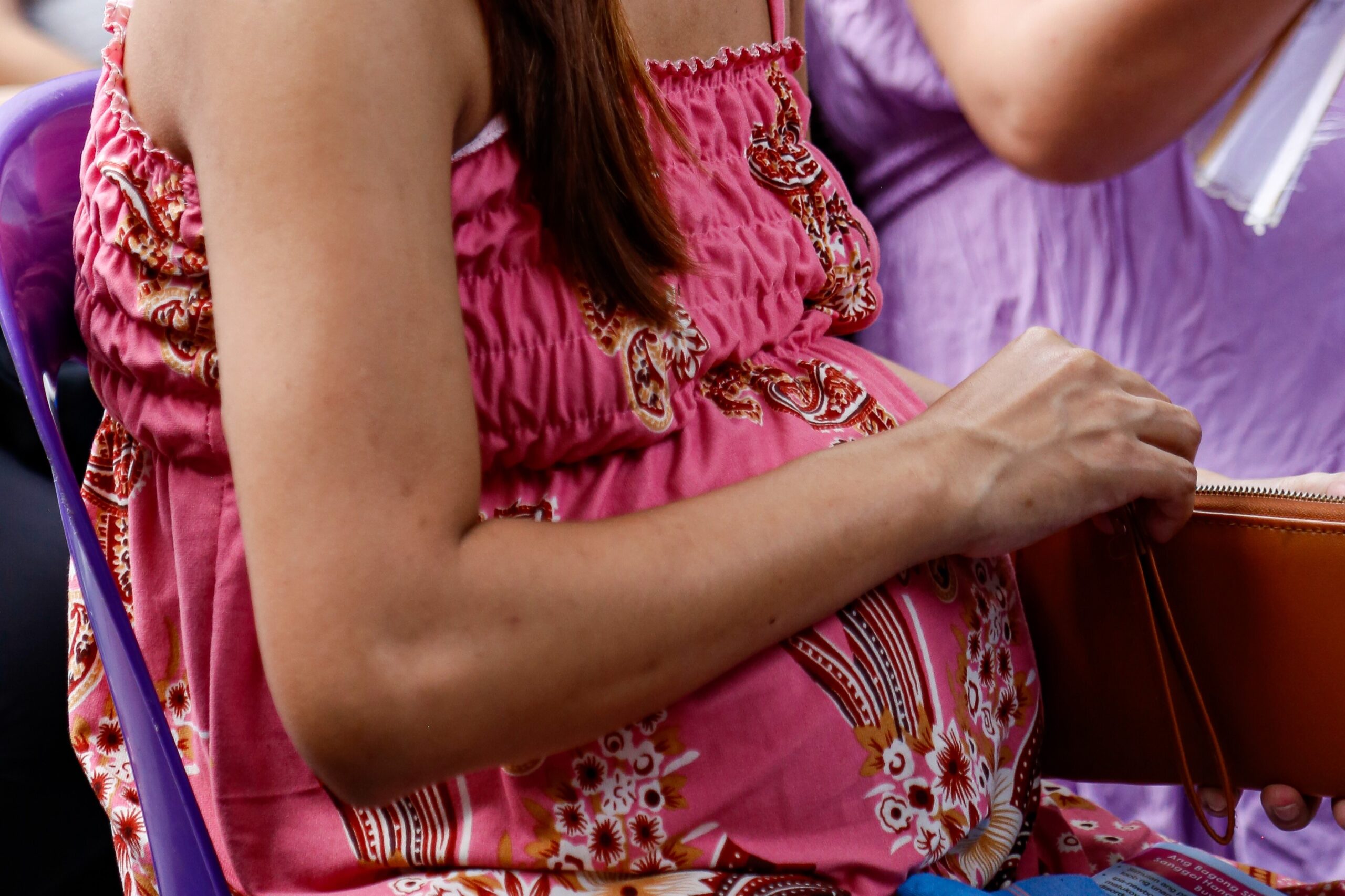Philippines - Save the Children Philippines hails the approval of House Bill 8910 or the “Adolescent Pregnancy Prevention Act” in the third and final reading by the House of Representatives.
The independent child rights organization now calls for the Senate to follow suit with swift legislative actions to pass their version of the bill (Senate Bill 1979).
The approval of the Adolescent Pregnancy Prevention Bill is a crucial step towards establishing a comprehensive policy to address the prevalence of adolescent pregnancy and recognizing the sexual and reproductive health needs of adolescents.

A pregnant mother in her last three months of pregnancy.
“I thank the legislators for this huge support to young girls like me. At 16 years old, I had struggles in the family and made immature decisions that resulted in my early pregnancy. It was difficult with no one to help me. I suffered from discrimination in the school and community,” shared Simbiat, a young child advocate of Save the Children The Philippines.
Save the Children Philippines is advocating for the immediate passage of the bill as early and unintended pregnancies are still prevalent and cases of girls 10-14 years old getting pregnant are increasing according to the Commission on Population and Development (CPD).
“When pregnancies and births happen to girls before their bodies are fully developed, they face higher risks not only for the adolescent mother but also for their child. Complications during pregnancy are also the leading causes of death among adolescents. Meanwhile, adolescents are more likely to drop out of school, and limits their potential and full development,” said Shebana Alqaseer, Save the Children Philippines’ technical adviser on Adolescent Sexual and Reproductive Health and Rights.
Hence, Save the Children calls on the public to strongly support the bill which will also provide social protection for adolescent parents and their children, and create a system to improve the capacity of the government to
respond to sexual and reproductive health concerns of adolescents.
Comments
Post a Comment